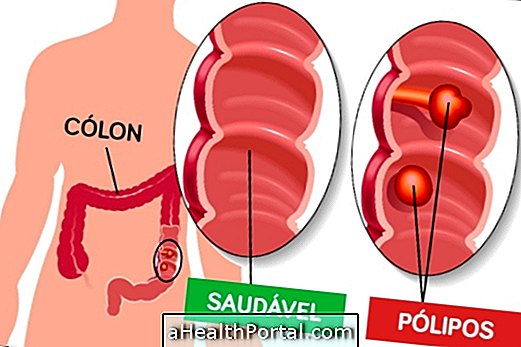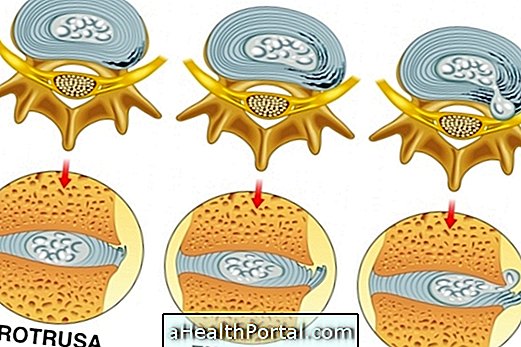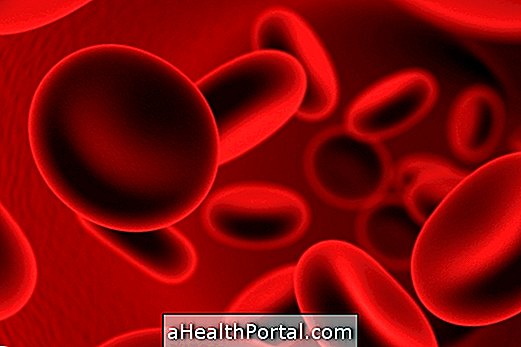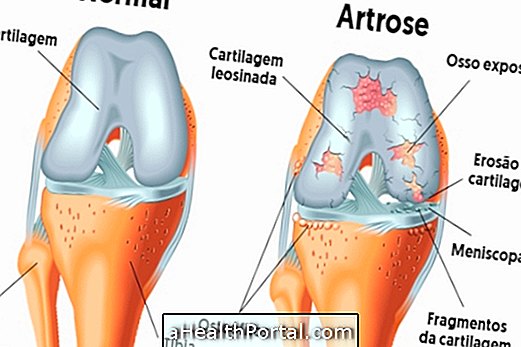The main symptoms of bowel cancer, such as frequent diarrhea, blood in the stool or pain in the belly, can be difficult to identify because they are signs that can also occur due to common problems such as intestinal infection or hemorrhoids.
In addition, the signs vary depending on the location of the tumor and the severity of the disease, and it is recommended to seek medical advice when symptoms persist for more than 1 month.
Colorectal Cancer Symptoms
The cancer that most affects the bowel is the colorectal, which strikes the last part of the large intestine. The following are the main symptoms of this type of cancer. If you want to know your chances of having this disease, point out your symptoms:
- 1. Constant diarrhea or constipation? Yes No
- 2. Dark or bloody stools? Yes No
- 3. Gases and abdominal cramps? Yes No
- 4. Blood in the anus or visible on toilet paper when cleaning? Yes No
- 5. Feeling of weight or pain in the anal area, even after evacuating? Yes No
- 6. Frequent tiredness? Yes No
- 7. Blood tests with presence of anemia? Yes No
- 8. Weight loss for no apparent reason? Yes No

Symptoms of small bowel cancer
However, bowel cancer can also occur in the first part of the intestine, known as the small intestine, causing less specific symptoms such as abdominal pain, general tiredness, anemia and weight loss, and it is not easy to identify without complementary tests such as computed tomography, ordered by the gastroenterologist.
When to go to the doctor
In the presence of these symptoms for more than 1 month, it is important to seek the doctor for tests that identify the cause of the problem, especially in the case of people over 50 years.
In addition, the presence of some problems increases the risk of developing intestinal cancer, such as obesity, uncontrolled diabetes, low fiber diet, presence of chronic inflammatory bowel diseases such as Crohn's disease, or when there is a family history of polyps or cancer .
See how the treatment for bowel cancer is done.

Tests that confirm the presence of cancer
In case of suspected cancer, the tests most used to confirm the diagnosis are:
- Stool examination helps to identify the presence of occult blood or bacteria responsible for changing intestinal transit;
- Colonoscopy: used to evaluate the walls of the intestine when there are symptoms or presence of occult blood in the stool;
- Computed tomography: used when it is not possible to perform the colonoscopy, as in the case of coagulation changes or respiratory distress, for example.
Watch the following video and learn how to properly collect stool to take the exam:

Before taking these tests, the doctor may also ask for some changes in diet and lifestyle to confirm that the symptoms are not being produced by less serious situations like food intolerances or Irritable Bowel Syndrome.
He knew more about the major tests used to detect bowel cancer.




















